VDI vs VPN: Which one is better & main differences
5 min. read
Updated on
Read our disclosure page to find out how can you help Windows Report sustain the editorial team. Read more
Key notes
- VPNs and VDIs are both popular remote access technologies that work wonders, especially for remote working.
- However, they are entirely different types of services, and choosing one or the other might not always be the easiest decision to make.
- Check out our Business VPN Hub if you want to boost your company's security.
- Visit the Business Software Section for more tools that can help you grow your business.
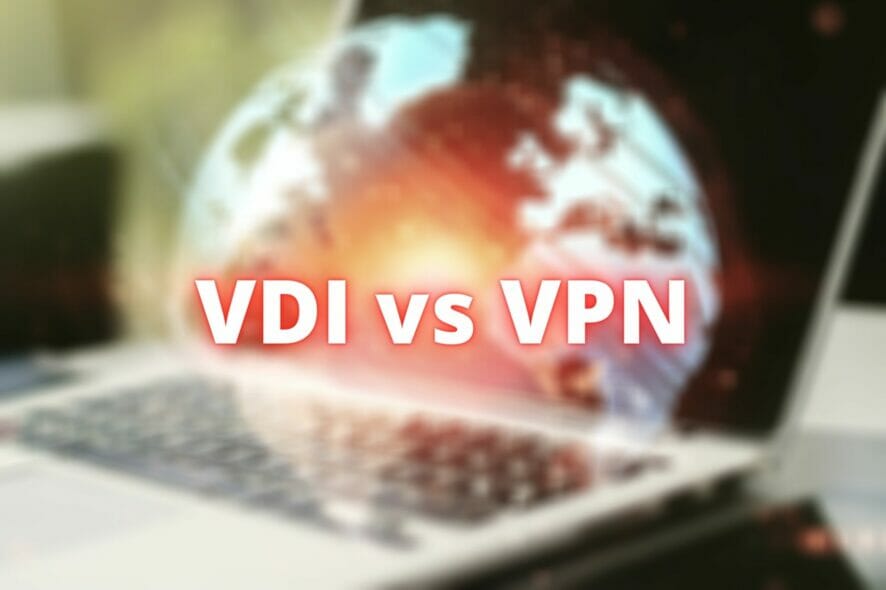
If you’re not exactly new with using PCs and, most importantly, networking techniques, you might’ve heard about VPN and VDI. Granted, VDI is not as popular as a VPN, but it’s still pretty well-known, especially for teleworkers.
In our guide, we’ll help you understand the main differences between these remote access technologies, as well as decide which one is better for your current needs.
What is a VPN?
A VPN, short for Virtual Private Network, is a technology that helps you connect to a specific network remotely if you have Internet access. Most VPNs enforce security measures, so as to prevent unauthorized connections to the network.

Once you’ve established a connection, you’re basically inside the physical network without actually being there.
You can access various network resources, such as files, and even devices by using a VPN connection.
VPN could also refer to the popular anonymization tool, which is used to keep your connection secure and identity private while you’re online.
You just run the VPN client, connect to a server, and that’s it. The VPN encrypts your traffic and routes it through its secure network of servers.
There’s a common confusion between corporate VPNs and consumer-grade VPNs (such as Private Internet Access), but in this article, we’re only going to focus on the former.
What is VDI?
Virtual Desktop Infrastructure (VDI) is a technology that can grant you access to a virtual desktop through a centralized server. VDI users are granted access to identical applications, managed by a system administrator.
Therefore, using a VDI is like having a dedicated server that hosts several virtual machines. Each hosted machine can be configurated separately by its owner (who reserved the machine).

It’s widely different than a VPN, which only grants you access to the network it’s configured on. A VDI also allocates resources to you, aside from the fact that you can access the corporate network through the virtual desktop you’ve been assigned.
How are VPNs and VDIs different?
While using a VPN, you establish a secure connection through a pre-configured server. Depending on the system you’re using, you may or may not need additional software to establish the secure VPN tunnel. Windows 10 has built-in VPN support, for instance.
VDI, on the other hand, provides you with a customizable virtual station that runs independently from other virtual machines on the same server. Having dedicated resources for each machine can greatly boost security and performance, but it also costs more.
Is VDI better than VPN?
Depending on your needs, you may consider one service or the other. However, you can’t really compare the two on a fair basis, since they’re different types of service (apples and oranges).
While VDI excels, a VPN might not do so good, and the other way around. For instance, setting up a VDI may take a long time, whereas deploying and configuring a corporate VPN server can be done in less than a day.
Furthermore, setting up and maintaining a VDI is significantly more expensive than a VPN.
As far as security goes, a VDI can be more secure than a VPN if configured properly. You can restrict VDIs from allowing data leaks outside the corporate network, whereas VPNs can only protect tunneled data.

Employees can copy company data (depending on permissions and privileges) on their local PC. Thus, it’s easy to see how a careless (or rogue) employee, can easily leak this sensitive information (with or without will) long after disconnecting from the VPN.
Performance-wise, VPNs are somewhat limited, since they highly depend on the client device and connection quality. If you’re using an old device and your connection is not exactly fast, your VPN connection might be awful to work with.
VDIs, on the other hand, are allocated separate resources, and only depend on bandwidth usage. As far as processing power goes, VDIs clearly have the upper hand.
To put it shortly:
- VDI is significantly more expensive to deploy than a VPN
- VPNs can facilitate data leaks if clients are not careful enough
- VDIs are generally faster than VPNs
- It would be easier to deploy security patches to VDIs than to VPN devices on the network
- VPNs highly depend on client hardware, whereas VDIs use dedicated resources on the server
- A VPN can be slower than a VDI since it depends on both client hardware and connection quality
- It is easier and less expensive to maintain a VPN server
- With VDIs, applications and data remain on the virtual machines
- Using a VDI requires no complicated configuration, as it can be accessed even through your web browser
- VDI runs on a broad variety of devices, whereas VPNs may have certain compatibility issues
Final thoughts on VDI vs VPN
All things considered, VDIs and VPNs are both great technologies that can come in handy especially if you’re a remote worker, or if you have remote-working employees.
Each service type has its strength and weaknesses, so it’s crucial to understand what sets them apart before making your choice.
However, VDIs are generally more fit for big companies that can afford the investment, whereas VPNs cater more to the needs of small enterprises.
[wl_navigator]



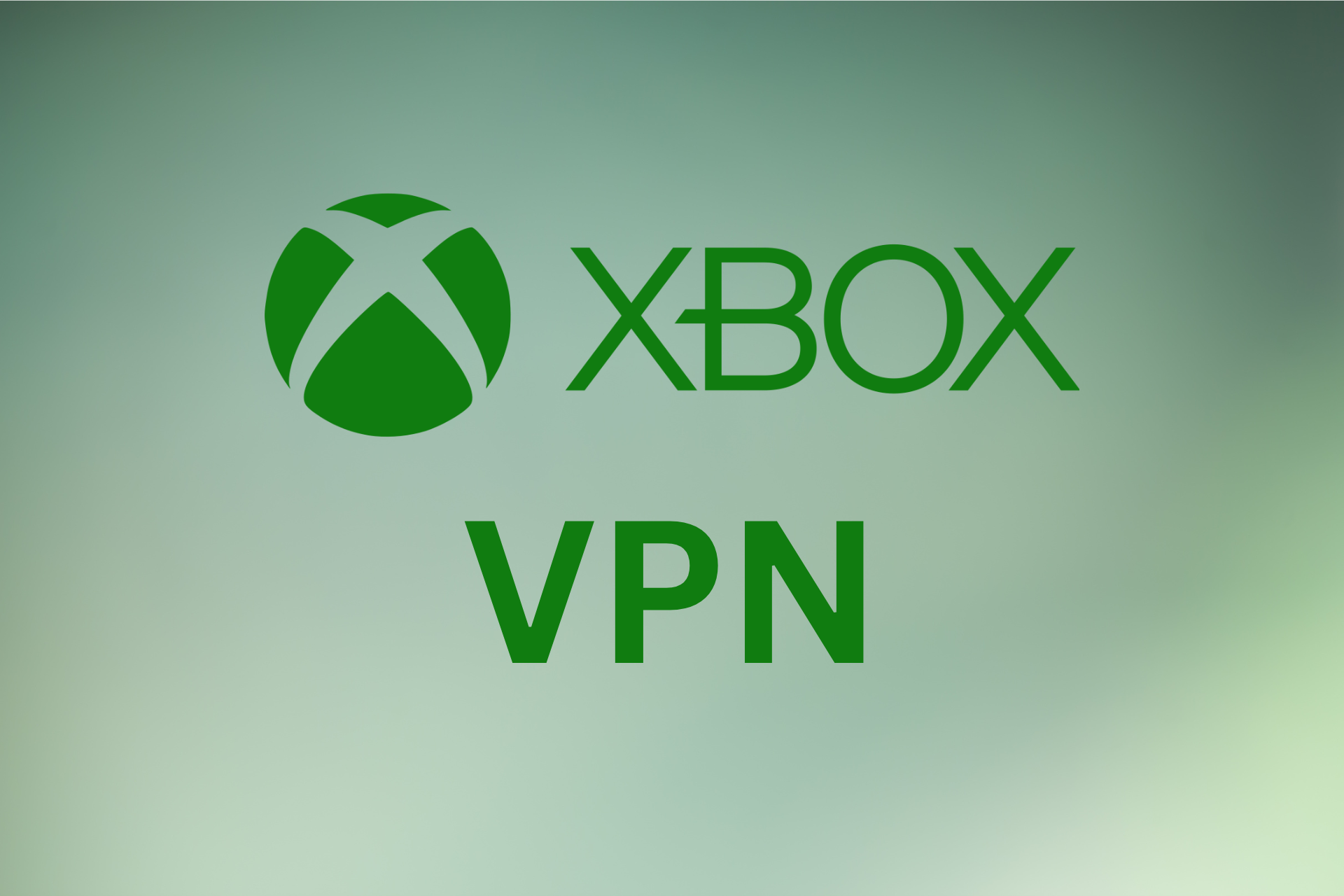
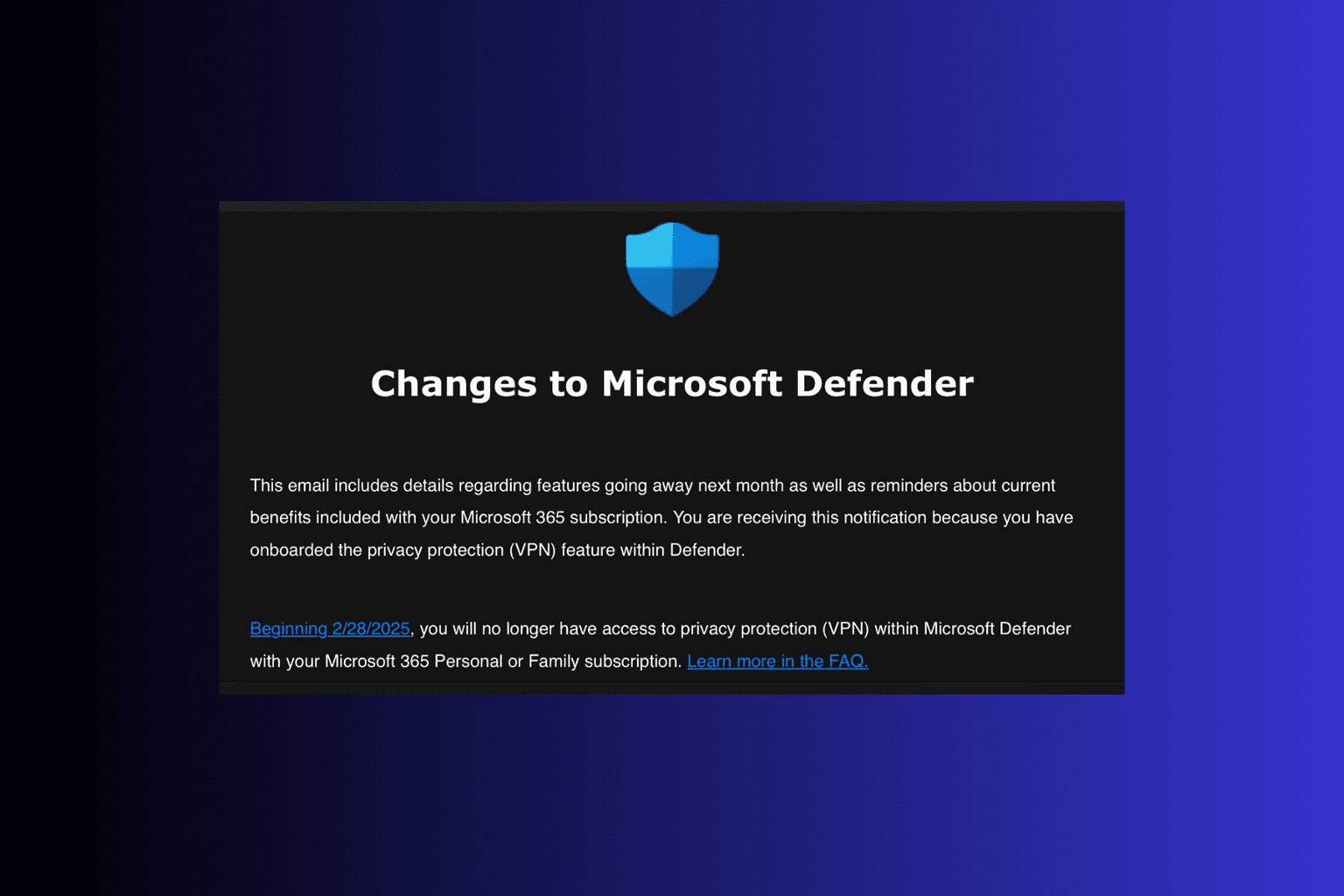

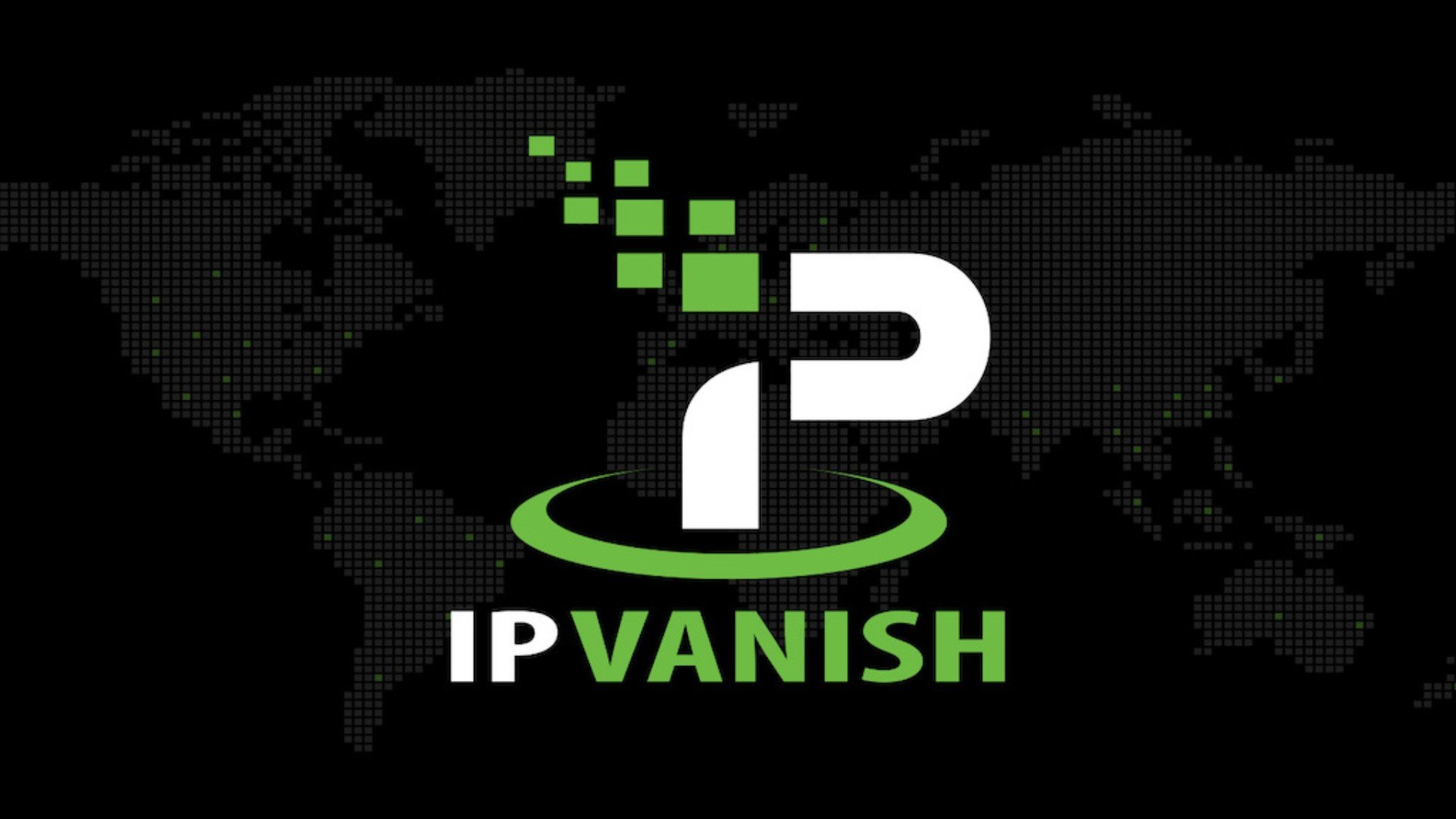
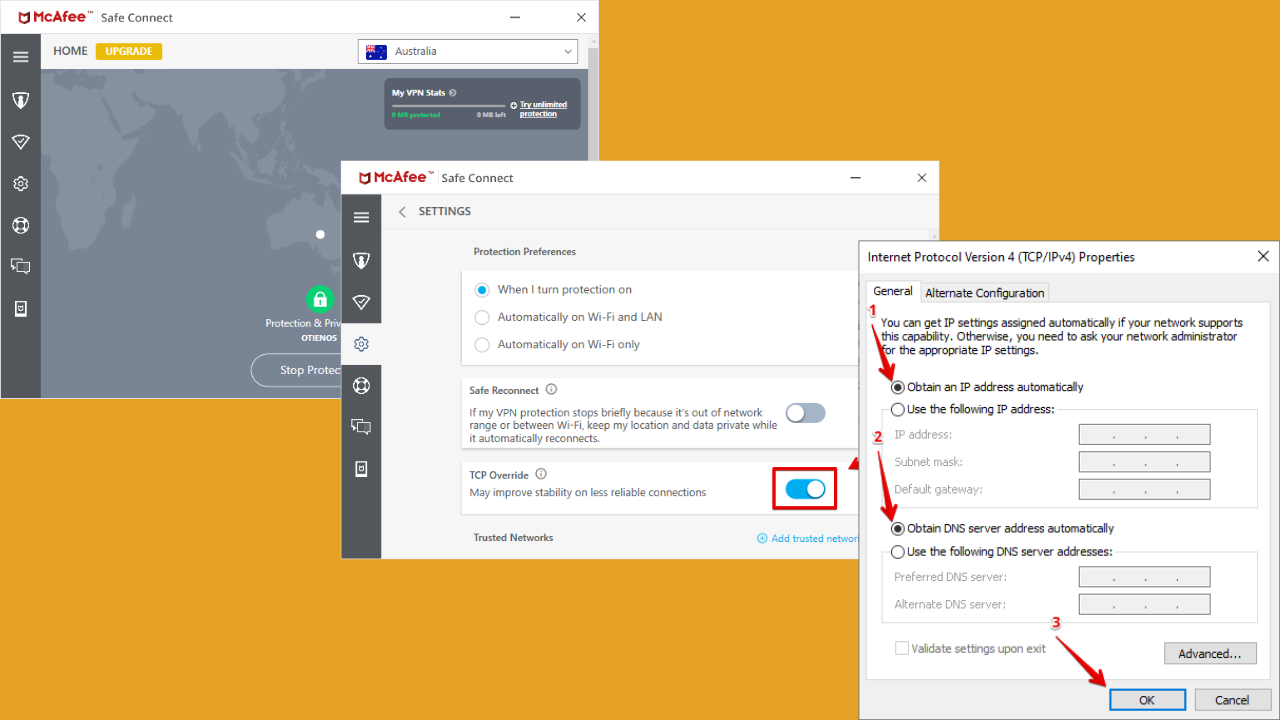
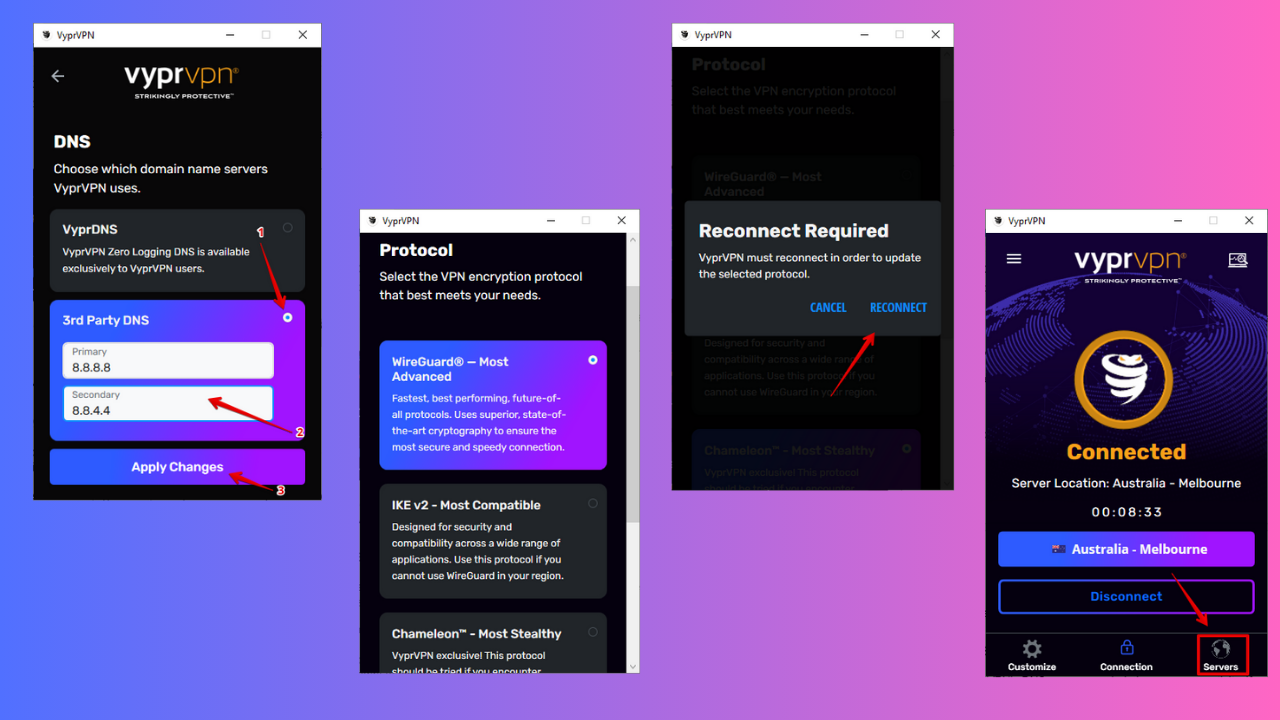
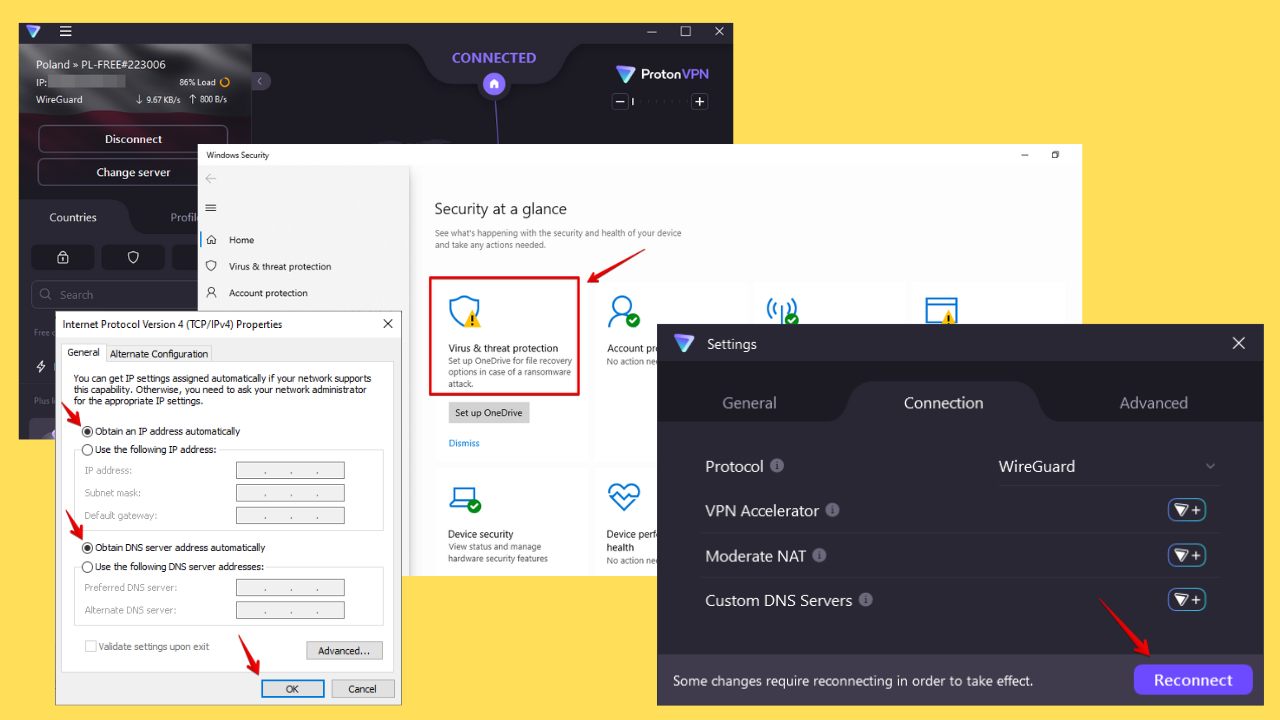
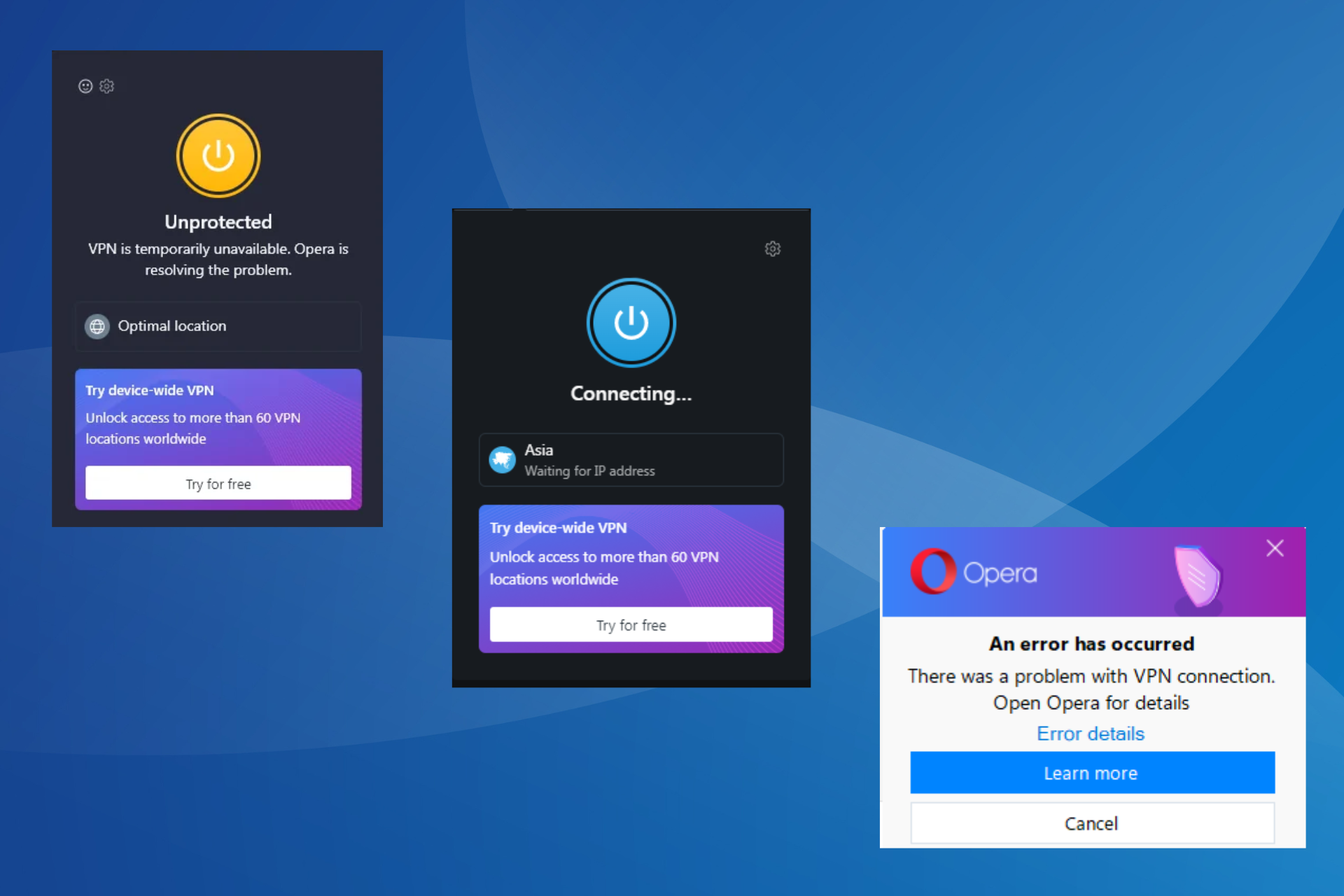
User forum
0 messages